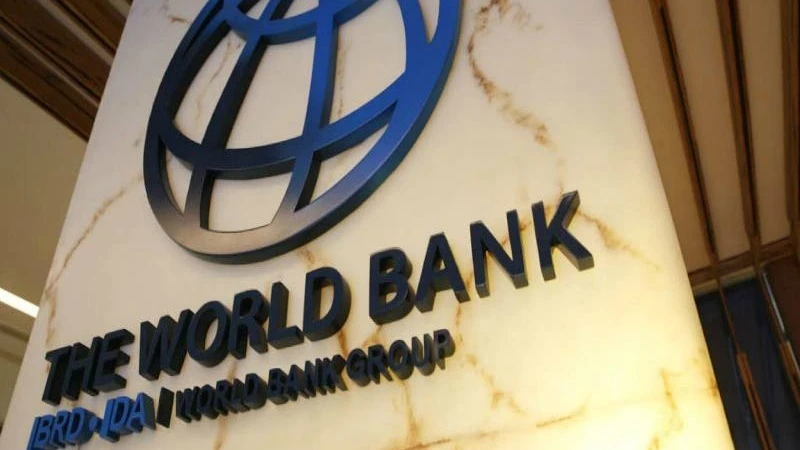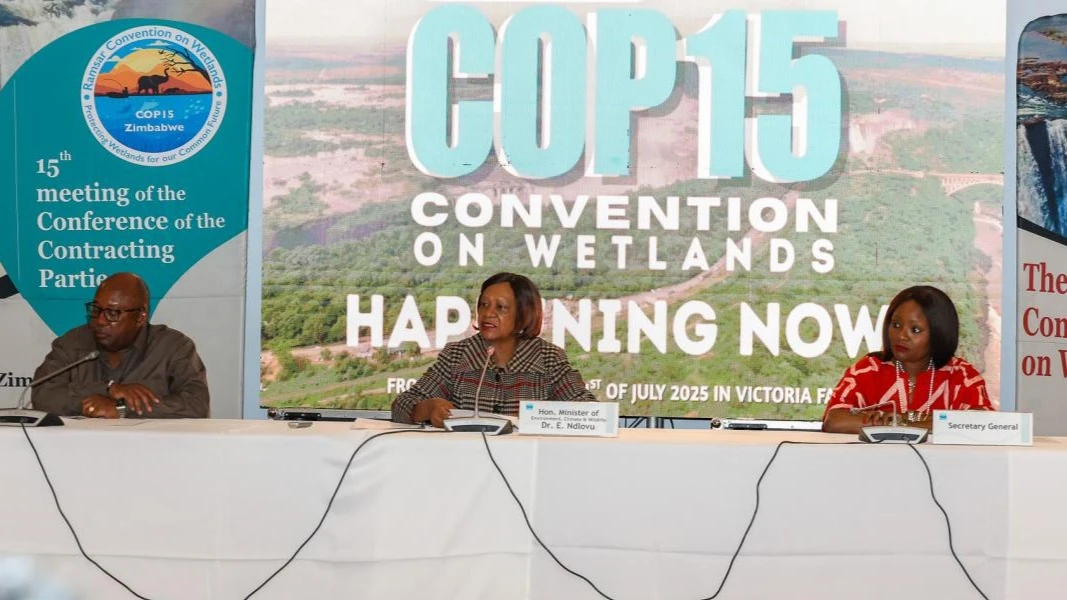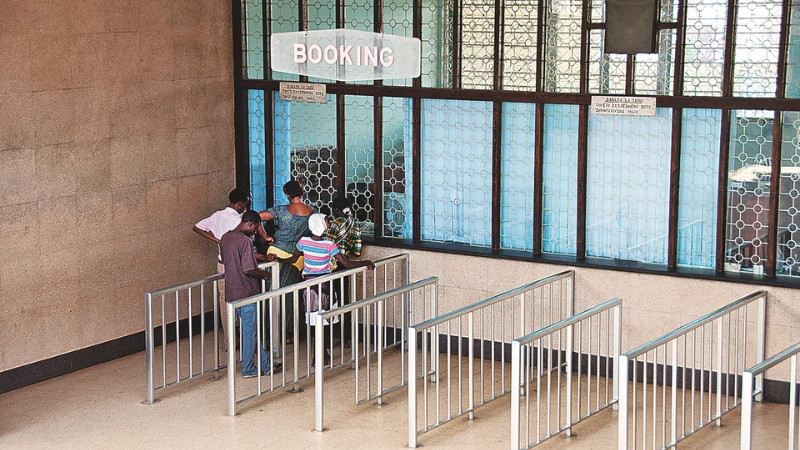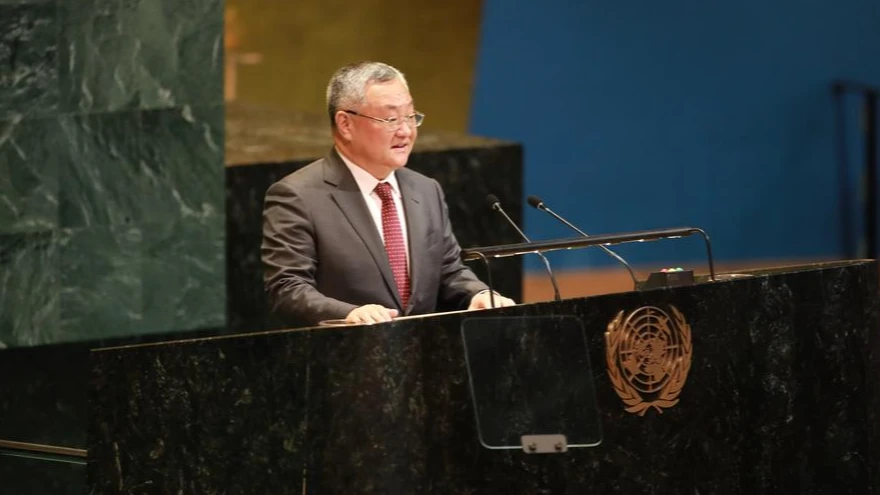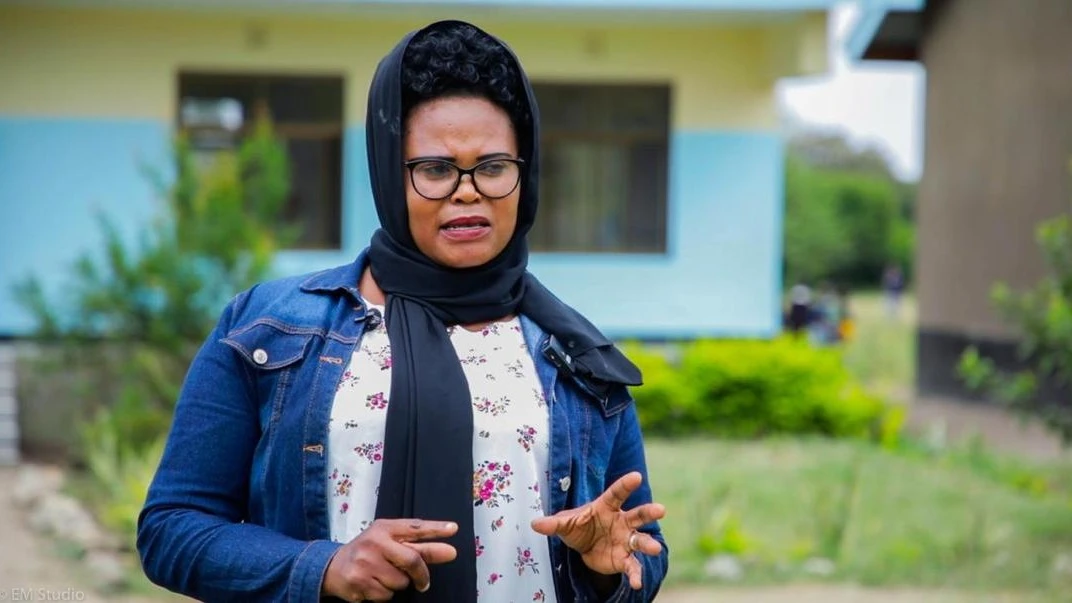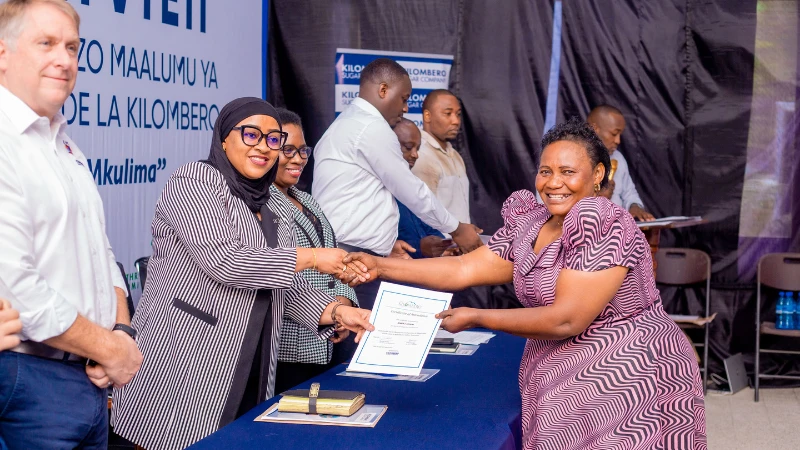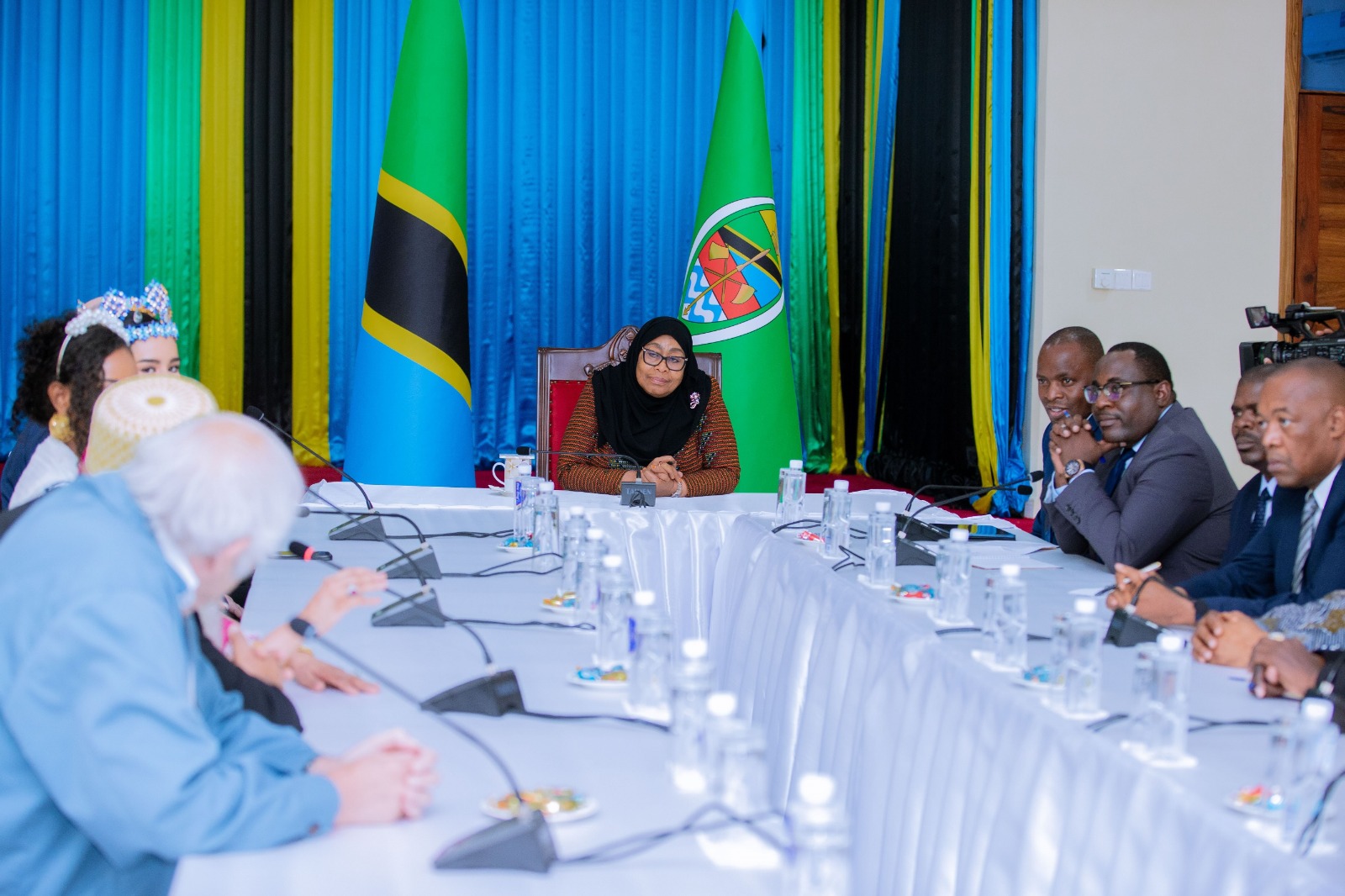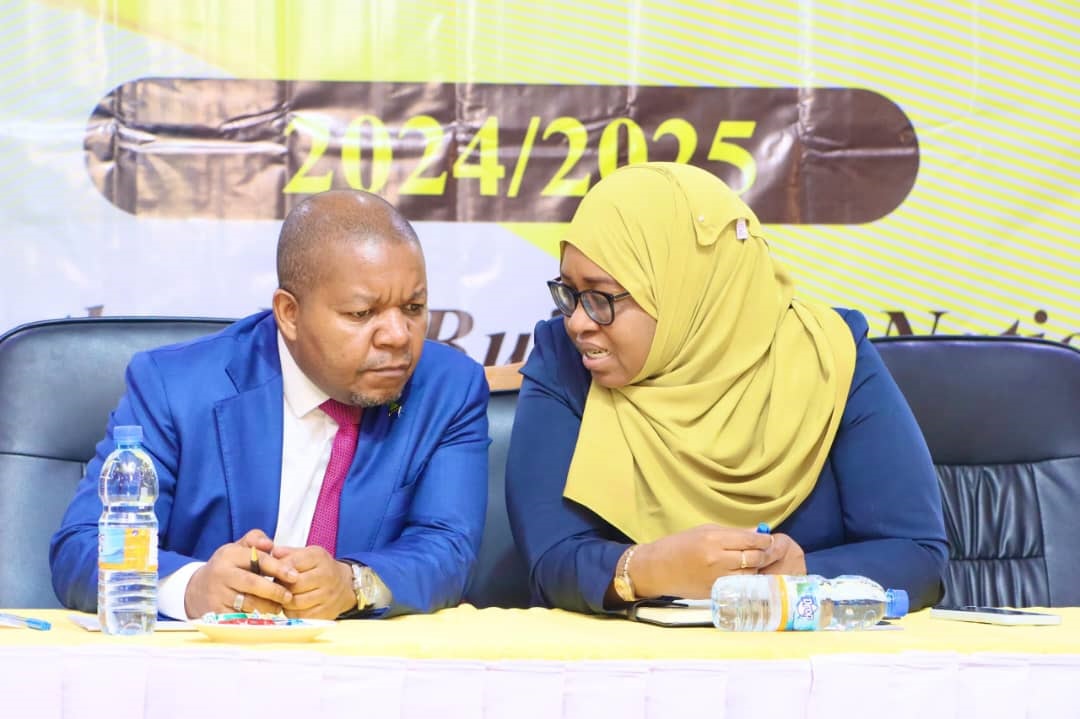Farmers blame loan problems for low sorghum productivity
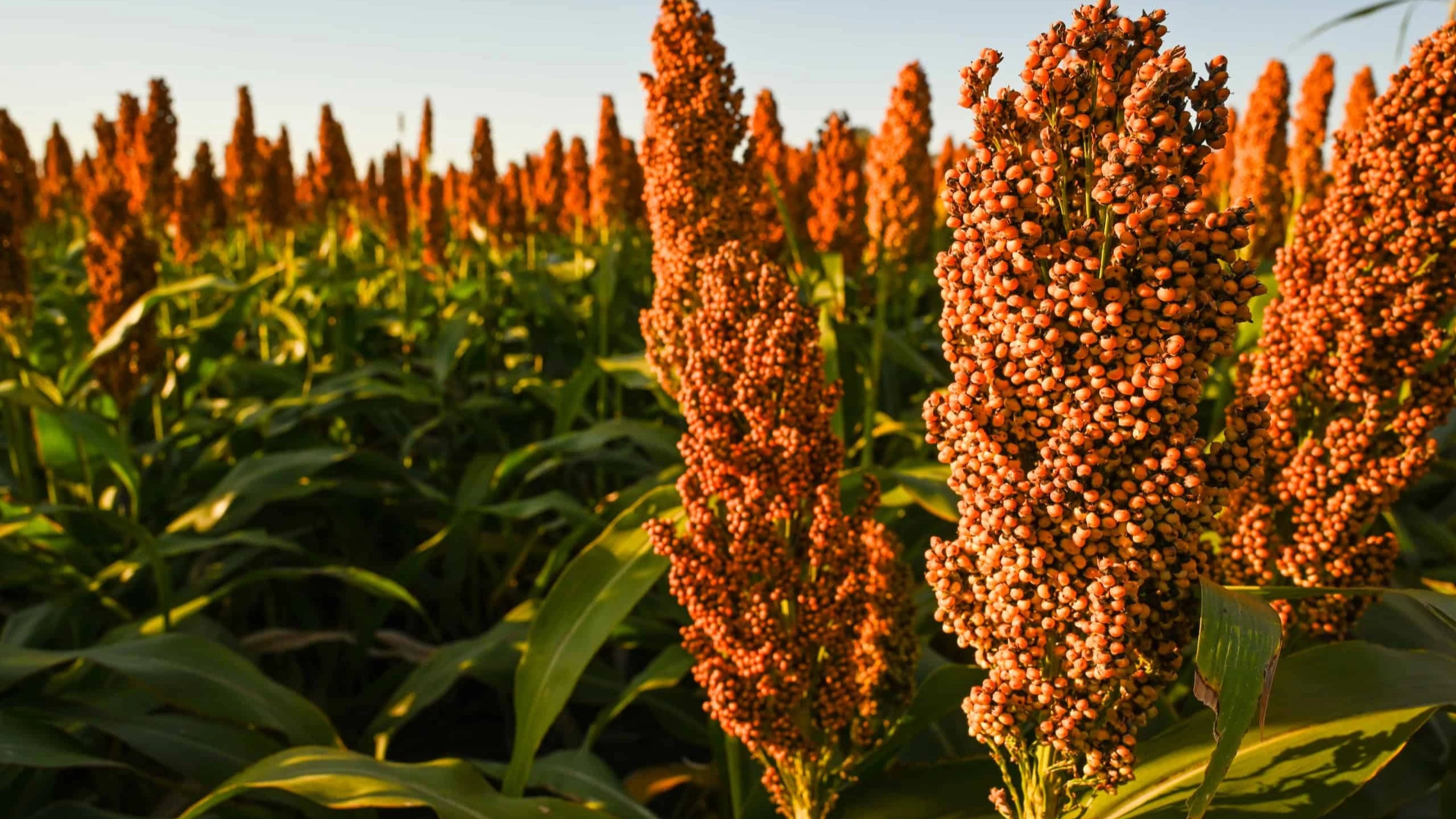
SORGHUM farmers in Mpwapwa District, Dodoma Region, have voiced frustration over delays in receiving loans from financial institutions—one of the key challenges hampering productivity of this vital crop.
Their concerns were raised yesterday during a stakeholder forum aimed at improving market access and financial inclusion for sorghum growers.
In addition to loan delays, farmers cited climate change, lack of capital, and invasive pests as major obstacles to production.
Alex Ngombwe, a farmer from Godegode Village, said that despite having vast arable land, many farmers were unable to farm effectively due to a lack of equipment and untimely access to credit from financial institutions and local authorities.
He called on the government and development partners to provide support in addressing these challenges, particularly by ensuring timely access to loans that would enable more efficient and profitable sorghum farming.
Daniel Sallah, Acting District Agriculture, Livestock and Fisheries Officer, acknowledged that loan disbursement delays are a persistent issue and urged banks to respond more swiftly.
“Financial institutions should offer loans earlier in the season, as this has been a long-standing complaint among farmers,” he said.
Meanwhile, Acting Mpwapwa District Executive Director, Gideon Bakuza, advised farmers to use their existing food stocks wisely, as weather patterns suggest a possible crop shortage in the coming season.
According to Cosmas Bauleche, Coordinator of Climate-Resilient Sorghum Farming Project under ActionAid Tanzania, the initiative has reached over 40,000 farmers across Dodoma Region, helping them cope with the impacts of climate change while increasing productivity.
Since its launch in the 2018/19 season, the project has been implemented across 11 wards in Mpwapwa, spanning 52 villages and involving over 9,000 farmers organised into 113 groups.
The forum was organised by ActionAid Tanzania in collaboration with the World Food Programme (WFP), with funding from the Embassy of Ireland through the Climate-Resilient Sorghum Farming project.
Top Headlines
© 2025 IPPMEDIA.COM. ALL RIGHTS RESERVED










